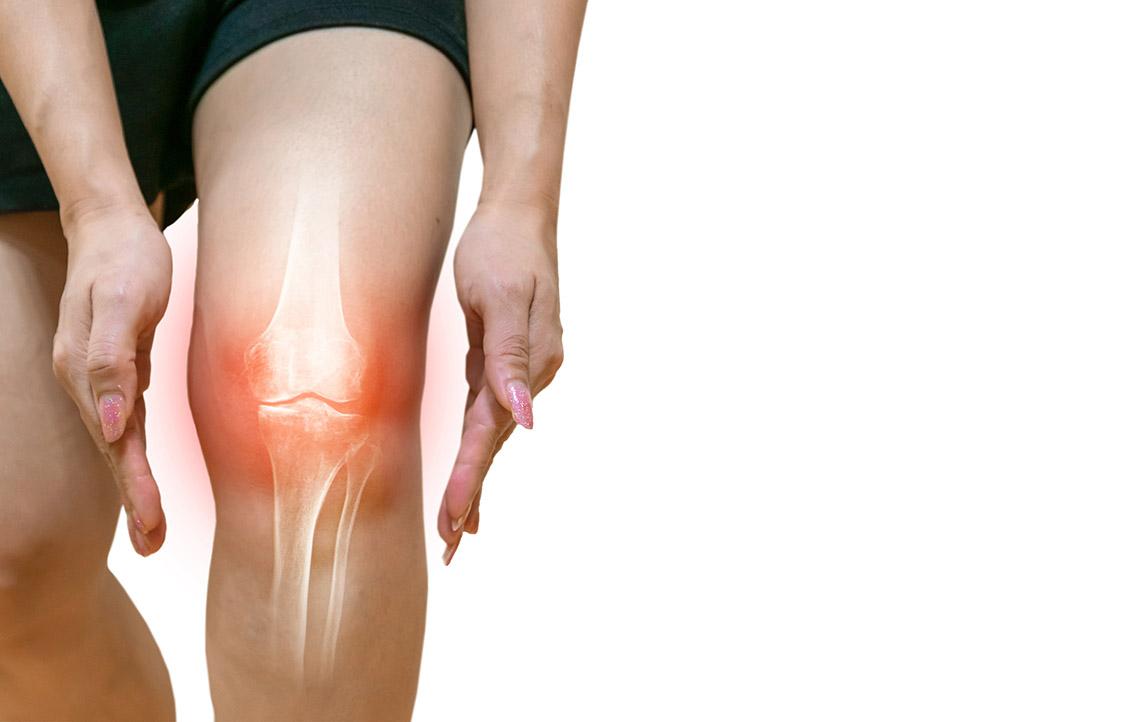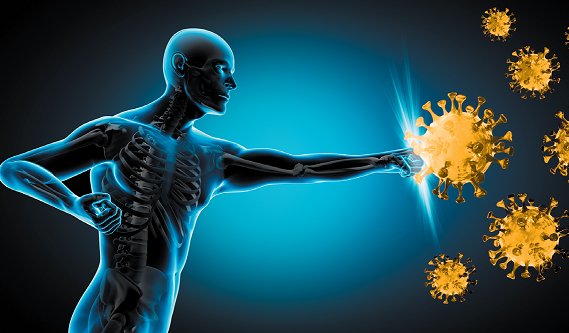Effective Therapy for Joint Pain: Discover Natural Relief Options

Joint pain affects millions of people worldwide, and for many, it can be a recurring obstacle in daily life.
Whether it's caused by arthritis, injuries, or everyday wear and tear, understanding how to manage and alleviate this discomfort is essential for overall well-being.
In this comprehensive guide, we will explore effective therapy for joint pain, focusing on natural relief options that empower individuals to reclaim their mobility and happiness.
From therapeutic exercises to nutrition and herbal supplements, discover holistic approaches and practical tips that can lead you to a pain-free life.
View Our Luxury Cold Therapy Products
Key Takeaways
- Joint pain can stem from various causes and recognizing symptoms is crucial for effective treatment.
- Therapies such as physical therapy and exercise can significantly improve management of joint pain.
- Natural remedies, including herbal treatments and homeopathics, offer alternative options for pain relief.
- Nutrition and supplements play a vital role in maintaining joint health and reducing inflammation.
- Seeking professional help is essential when joint pain becomes severe or persistent.
Understanding Joint Pain: Causes and Symptoms
Joint pain is a common ailment that affects millions of people globally, and understanding its causes and symptoms is crucial for effective management.
Various factors can lead to joint pain, including age-related wear and tear, injuries, autoimmune diseases, and underlying conditions such as arthritis.
Symptoms often manifest as swelling, stiffness, and reduced mobility in the affected areas.
To combat this discomfort, many individuals seek therapy for joint pain.
This can include physical therapy, which aims to strengthen the muscles around the joints and increase flexibility, or even alternative treatments like acupuncture.
By recognizing and addressing the root causes of joint pain, patients can not only alleviate their symptoms but also embark on a path towards a healthier, more active lifestyle.
The Role of Therapy in Managing Joint Pain
When it comes to managing joint pain, the role of therapy cannot be overstated.
Therapy for joint pain encompasses a variety of treatment modalities designed to improve mobility, reduce pain, and enhance the overall quality of life for individuals suffering from conditions such as arthritis, bursitis, or other musculoskeletal disorders.
Physical therapy is often the cornerstone of this approach, involving customized exercise programs that promote strength, flexibility, and balance.
Additionally, occupational therapy plays a crucial role by teaching patients how to perform daily activities without straining their joints.
Beyond physical techniques, therapeutic modalities such as heat and cold treatments, ultrasound, and electrical stimulation can also be beneficial.
Importantly, therapy for joint pain is not just about temporary relief; it empowers individuals with the tools, knowledge, and strategies needed to manage their pain effectively and maintain an active lifestyle.
By addressing both the physical and psychological aspects of pain through therapy, patients can find inspiration and motivation to reclaim their lives, pursue their passions, and enjoy the activities they love.
'The greatest healing therapy is the friendship of a man and a woman.' - Vincent Van Gogh
View Our Luxury Cold Therapy Products
Natural Remedies for Joint Pain Relief
Joint pain can be a debilitating condition that affects your daily life, but there are effective therapy for joint pain that harness the power of nature.
Natural remedies such as turmeric, known for its anti-inflammatory properties, can be incorporated into your diet to help alleviate discomfort.
Another popular option is ginger, which has been used for centuries to reduce joint pain and stiffness.
Regular application of warm compresses or cold packs can also provide temporary relief by improving blood circulation and numbing the area.
Exercise, particularly low-impact activities like swimming or yoga, not only strengthens the muscles surrounding the joints but also enhances flexibility, making it a therapeutic approach to joint pain.
Additionally, maintaining a healthy weight is crucial, as it reduces pressure on your joints.
Don't underestimate the impact of mindfulness practices and stress-reduction techniques; they can significantly contribute to pain management.
Consider exploring these natural therapies for joint pain relief, and consult with a healthcare professional to create the best plan tailored to your needs.
Therapeutic Exercises and Physical Therapy Techniques
When dealing with joint pain, finding effective solutions can often feel overwhelming; however, therapeutic exercises and physical therapy techniques can bring significant relief and improve function.
Therapy for joint pain not only aims to alleviate discomfort but also enhances overall mobility, strength, and quality of life.
Engaging in targeted exercises, such as range-of-motion activities, strengthening routines, and low-impact aerobics, helps mitigate stiffness and promotes better joint health.
Additionally, physical therapists utilize specialized techniques—like manual therapy, ultrasound therapy, and electrical stimulation—to further assist in managing pain and restoring function.
By incorporating these evidence-based strategies into your treatment plan, you’ll empower yourself to tackle joint pain and reclaim your active lifestyle.
Remember, consistency is key, and with dedication to your therapy regimen, you can experience a profound transformation not just in your joints, but in your overall well-being.
Nutrition and Supplements for Joint Health
Maintaining optimal joint health is crucial for mobility and overall well-being, particularly as we age or engage in physical activities.
If you're seeking effective therapy for joint pain, it's essential to consider not only traditional treatments but also the role of nutrition and supplements.
A diet rich in anti-inflammatory foods can significantly impact joint health.
Incorporate omega-3 fatty acids found in fatty fish like salmon, walnuts, and flaxseeds, as well as antioxidants from vibrant fruits and vegetables.
Additionally, certain supplements such as glucosamine and chondroitin have been widely touted as beneficial for joint health, helping to rebuild cartilage and reduce pain.
Turmeric, with its active compound curcumin, also offers powerful anti-inflammatory properties, making it a natural ally in your therapy for joint pain.
By focusing on a comprehensive approach that includes proper nutrition and targeted supplements, you can effectively support your joints, promote healing, and enhance your quality of life.
When to Seek Professional Help for Joint Pain
Joint pain can significantly impact your quality of life, making everyday activities more challenging.
Understanding when to seek professional help is crucial in managing this discomfort effectively.
If your joint pain persists for more than a few weeks despite home treatment measures, such as rest, ice, and over-the-counter medications, it may be time to consult a healthcare professional.
Symptoms such as swelling, redness, warmth around the joint, or decreased range of motion may indicate the need for specialized care.
A doctor can evaluate the underlying cause of your pain and recommend effective therapy for joint pain, including physical therapy, which can help strengthen muscles around joints, improve mobility, and ultimately enhance your overall well-being.
Remember, timely intervention is key to preventing further joint damage and ensuring you stay active and healthy.
Frequently Asked Questions
What are the common causes of joint pain?
Common causes of joint pain include arthritis, injury, overuse, inflammation, and conditions like osteoarthritis and rheumatoid arthritis.
Other factors can include age, obesity, and prior injuries.
What types of therapy are available for managing joint pain?
Therapies for managing joint pain include physical therapy, occupational therapy, massage therapy, acupuncture, and hydrotherapy, all of which focus on alleviating pain and improving mobility.
What natural remedies can help relieve joint pain?
Natural remedies for joint pain relief include hot or cold therapy, essential oils, turmeric, ginger, omega-3 fatty acids, and maintaining a healthy weight through diet and exercise.
How can nutrition and supplements support joint health?
Nutrition plays a critical role in joint health.
Supplements like glucosamine, chondroitin, omega-3 fish oils, and vitamin D can help reduce inflammation and support cartilage health.
When should I seek professional help for joint pain?
Seek professional help for joint pain if you experience severe pain, swelling, widespread discomfort, or if pain persists despite self-care measures.
A healthcare provider can assess your condition and recommend appropriate treatments.






